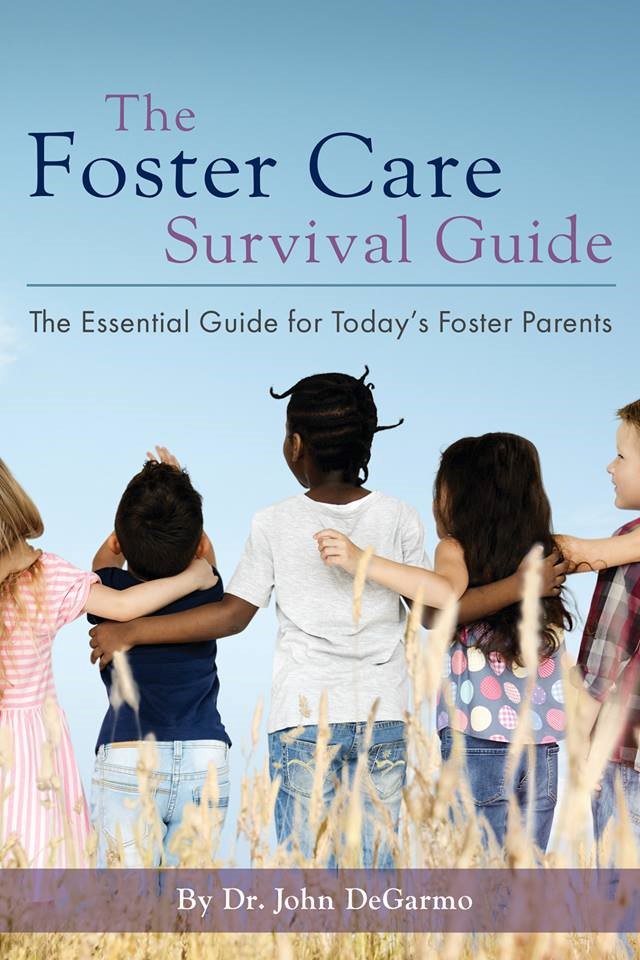Log in
Secondary Traumatic Stress
(Reproduced with permission, from the book The Foster Care Survival Guide, by Dr. John DeGarmo.)

A very real condition for foster parents and care givers is Compassion Fatigue, also known as Secondary Traumatic Stress, or STS. Dr. Charles Figley states that Secondary Traumatic Stress is “the natural consequent behaviors resulting from knowledge about a traumatizing event experience by a significant other. It is the stress resulting from helping or wanting to help a traumatized or suffering person.” As foster parents, we are likely to experience some sort of emotional or physical response to the variety of stresses and anxieties when we care for those who have suffered from abuse, neglect, and trauma. Indeed, we are often at risk of STS, or Compassion Fatigue, as we not only work with children who have suffered trauma and anxiety, but live with these children 24 hours a day. It should come as no surprise to what one study found. According to a recent study by the University of Bristol’s Hadley Centre for Adoption and Foster Care, Compassion Fatigue is a condition that is widespread among today’s foster parents.
There are several reasons why we, as foster parents, are at particular risk for Compassion Fatigue. Let’s take a look at them.
Empathy
If you are like me, you feel for these children. You feel their pain, you feel their suffering. You take it on board, yourself, upon your shoulders, and into your heart. My wife has told me countless times over the course of several years that she was not going to be a foster parent anymore, due to the high level of grief and loss she feels when the children she has come to love leaver our home. However, when the phone call comes, and she hears the story of a particular child who needs a home, she always says yes to the placement. She feels empathy for these children, just as you do. Yet, as we feel for these children and their pain, we may over empathize or over identify with the children, and place ourselves at risk of internalizing their pain and trauma. I must tell you, I often do this, myself.
Personal Trauma
I once spoke to Julie, a foster parent, who had suffered great trauma and abuse herself, when she was a child. As tears rolled freely down her face, Julie told me that she had been raped several times by her older cousin, when she was between the ages of 7 and 9. She came from a family that did not discuss such things, and when she tried to approach members of the family, it was swept under the carpet, Julie told me, and she never was able to find the therapy or help she needed. Years later, when Julie was a foster parent, a young girl was placed into her home; a young girl who had been raped by a member of her family. As this foster mother cared for the little one in her home, Julie’s own trauma from her personal history resurfaced, triggering feelings and pain she had tried to forget, and had never really addressed.
Perhaps you are like Julie in some way. Perhaps you have experienced a traumatic event in your life, or have suffered from personal loss. When you care for others who have experienced similar trauma to your own, your own past experience might be re-triggered, thus making you more at risk for internalizing the trauma of the child you are looking after.
Lack of Recovery Time
There is no mistaking the fact that there are not enough foster parents, certainly not enough to care for the increasing number of children being placed into foster care. That’s why foster parents, just like you, are taking in more and more children into our homes. When one child leaves our home and family, for whatever reason that might be, we often quickly get a phone call, asking if we can take another placement and another child, leaving us little time to breathe, to recover, and to grieve, if need be.
When we do this, we do not allow ourselves the time to recover. Indeed, we do not allow ourselves the opportunity to distance ourselves so we can heal ourselves, and we are not allowed “time off” from an emotionally, mentally, and physically life style. Instead, we continue to care for children who are in such need of all that we have. Additionally, we continue to listen to the horror stories these children have lived through, and we continue to hear, over and over again, similar stories form the children who come in and out of our homes. This not only wears you down and perhaps burns you out, but is also increase the risk for you of STS.
Solutions
At ConnectedCare.Team, we strive to be about solutions. The Journal Entry module is one of the most effective solutions to dealing with Secondary Traumatic Stress through organizing one’s thoughts, clearing one’s mind and facilitating problem solving. Journaling helps you process and work through the things that are stressing you. Journaling can even enhance your immune system and alter the course of chronic conditions such as rheumatoid arthritis and asthma.
Learn more about us and how we improve foster parent support and foster child well-being by facilitating communication between everyone on a foster care team.